Behavioral Health
What is Behavioral Health?
Behavioral Health is the full scope of services provided by Easterseals Northern California to clients and their families spanning a wide range of diagnoses, such as autism spectrum disorder (ASD), Down syndrome, Attention Deficit Hyperactive Disorder (ADHD), profound intellectual multiple diagnoses (PIMD), and more. This includes several clinical service lines to help clients and their parents and caregivers strengthen skills, build confidence, and achieve their individual goals.
Program Components
Our Behavioral Health team offers several clinical service lines to support the unique needs of clients in our care. These services are noted below and are determined following an intake appointment and assessment. Our services are offered in-person, via telehealth, or through a hybrid combination.
Click on each service line for more detailed information.
- Applied Behavior Analysis (ABA) – Data-driven treatment that focuses on functional communication and skill-building in both structured and natural environments. If applicable, challenging behaviors are addressed from a skill-building perspective.
- 1:1 – Clients meet individually with a practitioner in one of our clinics, in their home, or at another location in the community.
- Group – Two or more clients meet with one or more clinicians to improve their cognitive and social skills.
- Caregiver Training – Caregivers meet 1:1 with a high-level practitioner who focuses on specific ABA strategies to target 1-2 select skills for their child. This service line is less intensive than the Caregiver-Led ABA program.
- Caregiver-Led ABA – Parents and caregivers learn the basics of ABA via coaching from a highly skilled team in order to implement ABA programming with their child.
- Social Skills Groups – These group sessions are focused on teaching and reinforcing social skills development through structured social skill-building activities.
- Chat – This treatment model for children under 6 teaches caregivers how to support their loved one’s development of language, play and social skills while also addressing challenging behaviors in daily activities.
- Connect – With the support of a clinician, caregivers learn how to teach their loved one new skills while better connecting to their loved one’s needs and wants. This program supports people with profound intellectual multiple disabilities (PIMD) and aims to increase wellbeing.
- Compass-Behavioral – This service line focuses on improving the quality of life for youth who have challenges with organization and planning, social skills, and regulating emotions. With the support of a clinician, the client works on skills they want to learn, such as understanding social situations, managing time, or advocating for their needs.
Download the Behavioral Health Handbook
Our handbook includes information on:
- ESNorCal Behavioral Health service lines
- Key terms and helpful tips
- Detailed overviews of treatment
- Your role in treatment planning and implementation

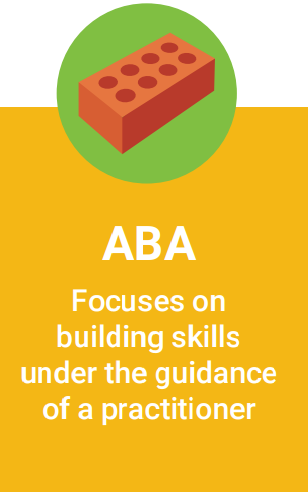
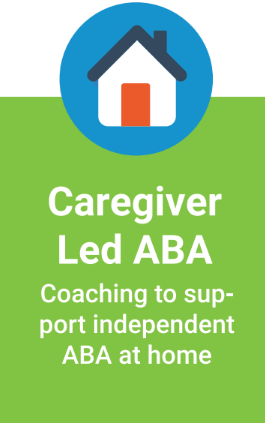
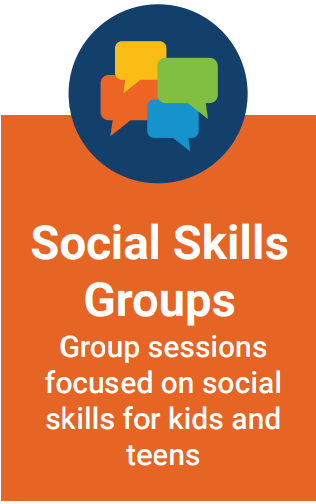
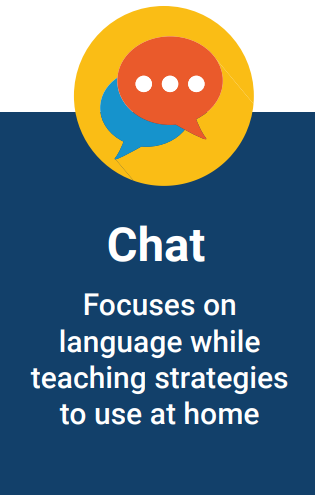
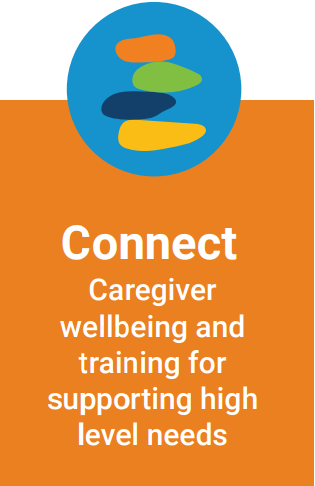
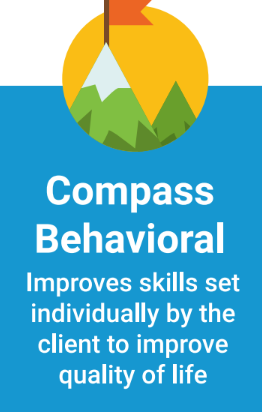
Connect with Us